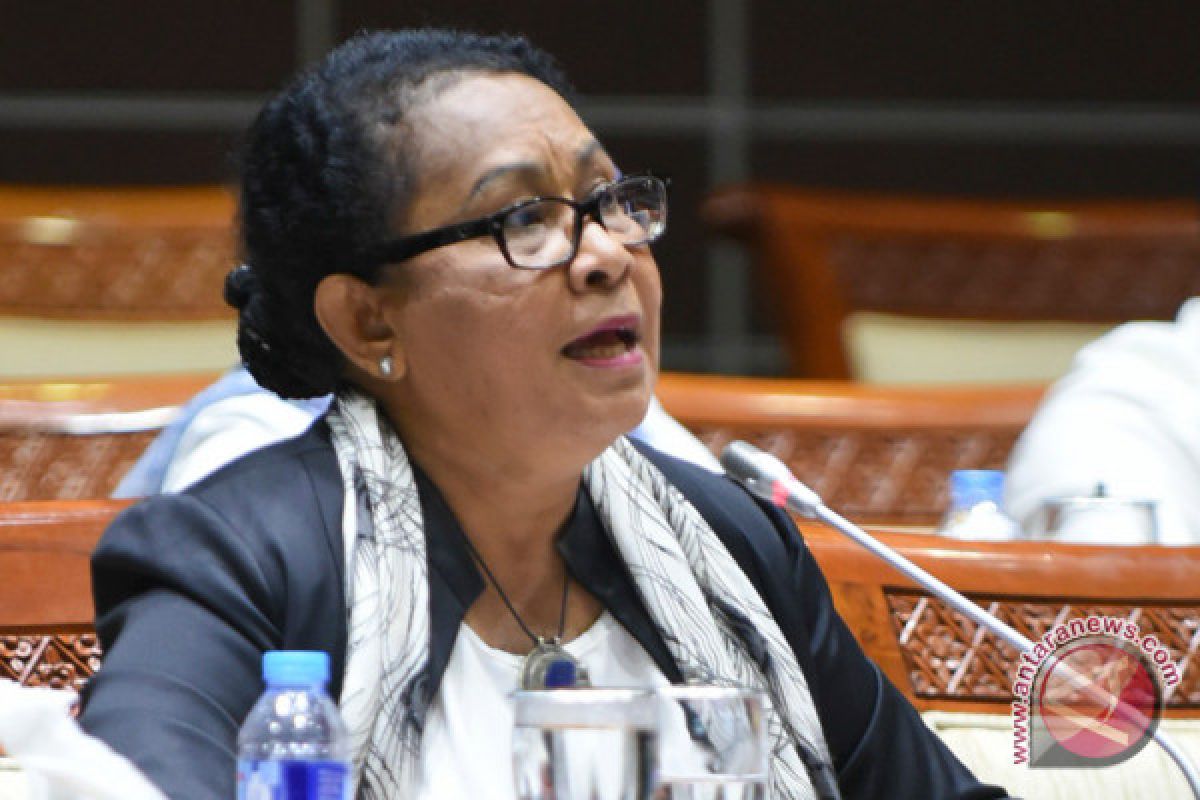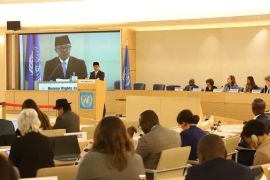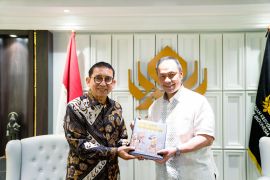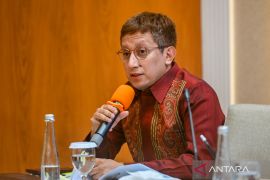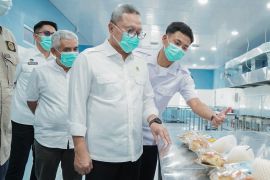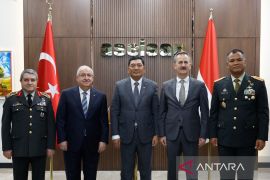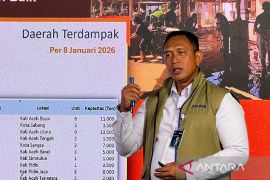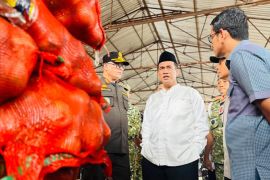Although some countries refused to discuss gender equality and women empowerment, Indonesia has implemented a number of regulations to address the issue of violence against women, gender-based violence, and gender equality.
In 2016, the Ministry of Women Empowerment and Child Protection (KemenPPA) launched a "Three Ends" program aimed at stopping violence against women and children, stopping human trafficking, and stopping
economic disparities against women.
Hence, the gender equality strategy and women empowerment will continue to be maximized through various programs in Indonesia.
Even the World Health Organization (WHO) support the women empowerment as an important effort to improve public health that affects human development of each country.
The WHO of Southeast Asia emphasized that inequality has eliminated human rights, impeded social economic stability, and destroyed the hopes and ideals of millions of women of all ages.
Inequality also affects the health and well being of women.
Early pregnancy that still occur in various countries in Southeast Asia, for example, directly threaten the health of young women and children, especially in rural areas.
In the 11 WHO member states of Southeast Asia, about six million girls between the ages of 15 and 19 bear child annually.
It is also recorded that in four countries in Southeast Asia, the birth rate of 50 per 1000 population occurs in young women aged 15 to 20 years.
According to the WHO, girls face a health hazard that can actually be avoided by social empowerment and the application of laws that prohibit early marriage.
WHO stated that gender inequality also impedes access to basic health services, and the obstacles cause undesirable consequences such as the birth process that many do at home without the help of skilled health workers.
Some of the causes of this phenomenon are poor women`s access to knowledge accompanied by helplessness in making a decisions, and the lack of service availability.
WHO opined that in the Millennium Development Goals (MDGs), Southeast Asia has gained a lot of progress in suppressing maternal and child mortality.
However, there are still many efforts that need to be done to bring maternal mortality to below 70 per 100 thousand births, as set out in the Purpose of Sustainable Development Goals (SDGs).
Therefore, WHO will continue advocacy to improve access to contraception and reproductive health services. Besides, it will also continue to actively campaign against gender-based violence and the practice of female genital mutilation that jeopardizes girls and women.
In the International Women`s Day on March 8, WHO Southeast Asia called for gender discrimination to be non-existent, and gender equality will be quickly achieved through the shared and sincere efforts of all members of the community.
WHO urges women to believe that women`s empowerment is not just a tool to increase income or social strata, but is a core force for the creation of public health that needs to be sustained.
In the meantime, UN Secretary-General Antonio Guterres in his message of the International Women`s Day warned that inequality and discrimination against women harm everyone.
Emphasizing that women`s empowerment was at the heart of the 2030 Agenda for Sustainable Development, Guterres viewed gender equality as a human rights issue, according to Xinhua.
The UN chief noted that achieving gender equality and empowering women and girls was "the unfinished task" and "the greatest human rights challenge in our world" which required addressing the historic power imbalances that underpin discrimination and exploitation.
More than a billion women around the world lack legal protection against domestic sexual violence. The global gender pay gap is 23 percent, rising to 40 percent in rural areas, and the unpaid work done by many women goes unrecognized, said the Secretary-General.
"We now know that sexual harassment and abuse have been thriving in workplaces, public spaces and private homes, in countries that pride themselves on their record of gender equality," said the UN chief.
He added that women`s representation in national parliaments stands, on average, at less than one quarter, and in boardrooms it is even lower. Without concerted action, millions more girls will be subjected to genital mutilation over the next decade.
Related to protection of children from all forms of violence, Women Empowerment and Child Protection Minister Yohanna Yembise has affirmed Indonesia`s commitment to become one of the countries that will strive to create a child-friendly world.
The Minister made the statement in the Fifth Islamic Conference of Ministers in Charge of Childhood with the theme "Realizing Child Friendly World", held in Rabat, Morocco, last February 25.
Through a press release, Minister Yembise stated that Indonesia will continue to protect children from all forms of violence, including by implementing the Convention on the Rights of the Child through the Child Friendly District and City Program (CFC).
Furthermore, children could also be protected by developing the National Strategy for the Elimination of Violence Against Children and taking preventive steps through the National Children`s Forum in 34 provinces in Indonesia and over 88 percent of the total districts across Indonesia.
She also revealed that Indonesia`s efforts in combating child abuse, which was done through the provision of services for victims of violence by establishing an Integrated Service Center for the Protection of Women and Children (P2TP2A) in all provinces and 238 districts and cities in country.
In addition, the Ministry is also committed to eliminating child labor in community institutions, employers` organizations, trade unions and the private sector, both at national and local levels.
(O001/B003)
(T.O001/A/KR-BSR/B003)
Reporter: Otniel Tamindael
Editor: Heru Purwanto
Copyright © ANTARA 2018
